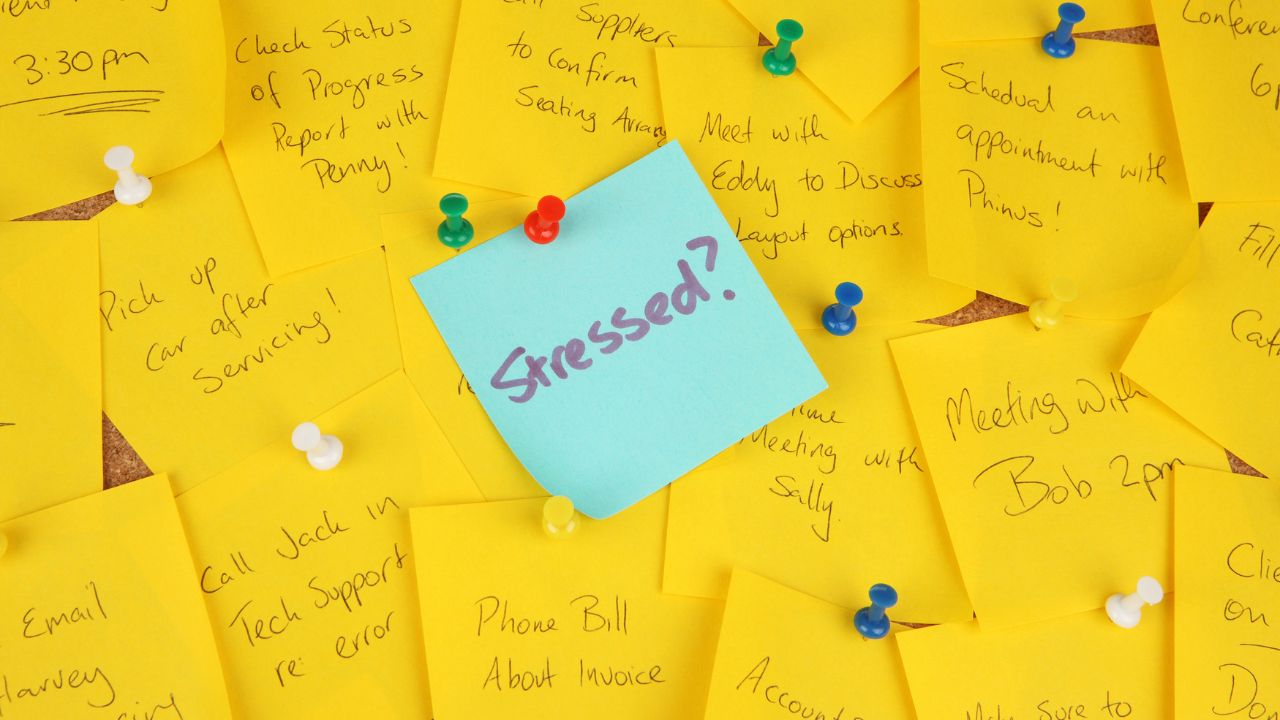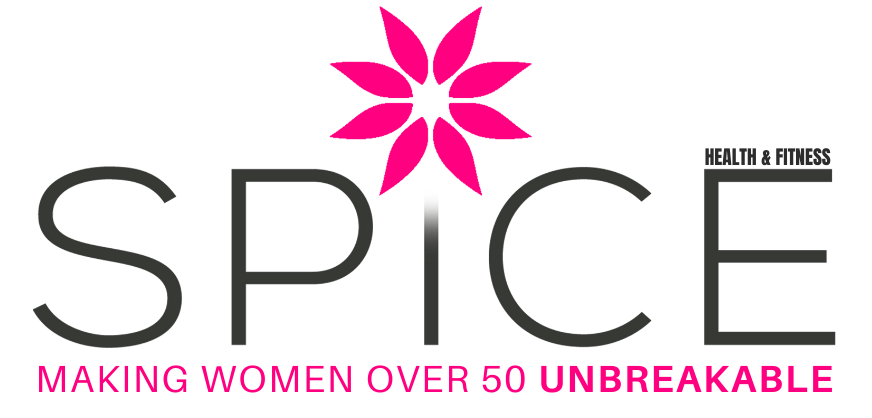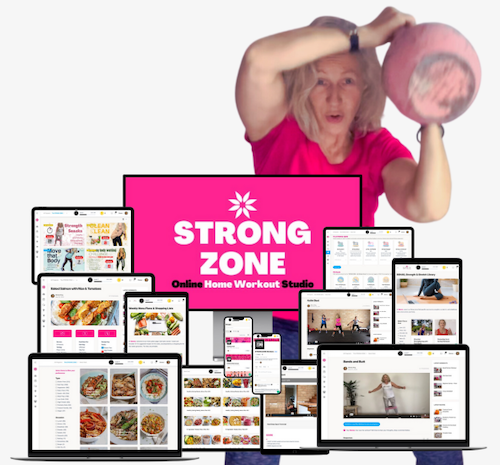The reality of stress is that we will all deal with it, one way or the other. Although, stress can be positive or negative, circumstance dependant. So how we rethink stress in 3-steps is a great resource.

Whilst most understand the negative impacts of stress across our body, there are surprising studies like those published in Health Psychology 2013, that identify that our wellness health can be inversely impacted, simply by how we view stress.
The study identified:
- That those who had high stress but didn't view it as a threat had a relatively lower risk of dying.
- Plus, it was lower than those who had a significantly lesser stress level.
Additionally, studies published in the Journal of Experimental Psychology 2012 identified:
- That during tests those that view stress as helpful had lesser anxiety and increased confidence.
- Plus, participants blood vessels where more relax for those who viewed stress positively, directly related to the release of Oxytocin during stress.
So how can we take advantage of this?
Here's a few well known and practiced methods:
- Mindfulness practices be they faith based or physical like stillness and deep breathing.
- Exercise goes without saying. Just do it regularly.
- Also establishing strong social and relational connections around you, where you participate in activities together.
Be aware though that we're all unique and respond differently, some:
- Have a more reactive predisposition to stress.
- Others have developed better coping mechanisms
BUT WE ALL need to become aware and familiar with the stress triggers that surface as we do life.
So Consider these Rethink Stress in 3-Steps to Reframe your Stress Responses:
Take Care of your Body.
Take note of the physical manifestations of stress, like:
- Headaches,
- Muscle tension,
- Fatigue,
- Changes in appetite,
- Or interruptions in sleep.
Whenever you find yourself experiencing these symptoms, pause for a moment to consider the possible factors that are causing them.
Maintain a conscious awareness of your feelings throughout the day. Like:
- When you are in certain situations or around certain people, do you find that you become irritable, anxious, or overwhelmed?
- By keeping a mood journal, you can better recognise patterns between the events that occur in your life and the feelings that you experience.
Challenge your Thoughts & Ideas.
- Our interpretation of a situation can, on occasion, be a factor that contributes to stress.
- Do you seem to be catastrophizing?
- Are you engaging in self-deprecating phrases?
- Reframe stressful situations in a more positive light and challenge the thought patterns that are causing you that stress.
As soon as you become aware of your physical and emotional responses to stress, you should identify the circumstances or occurrences that bring about these responses.
Are you concerned about a deadline, an argument, giving a speech in public, or your finances?
Investigate the Coping Mechanism you Use.
- Are you able to manage stress in a healthy way?
- Do you have a tendency to isolate yourself, overeat, or put things off?
If the coping mechanisms you have been using are not working, you might want to consider trying new strategies such as going for a run, practicing relaxation techniques, or spending time in nature.
Sources & Additional Reading
Keller A, Litzelman K, Wisk LE, Maddox T, Cheng ER, Creswell PD, Witt WP. Does the perception that stress affects health matter? The association with health and mortality. Health Psychol. 2012 Sep;31(5):677-84. doi: 10.1037/a0026743. Epub 2011 Dec 26. PMID: 22201278; PMCID: PMC3374921. — https://pubmed.ncbi.nlm.nih.gov/22201278/
Jamieson JP, Nock MK, Mendes WB. Mind over matter: reappraising arousal improves cardiovascular and cognitive responses to stress. J Exp Psychol Gen. 2012 Aug;141(3):417-22. doi: 10.1037/a0025719. Epub 2011 Sep 26. PMID: 21942377; PMCID: PMC3410434. — https://www.ncbi.nlm.nih.gov/pmc/articles/PMC3410434/
Poulin MJ, Brown SL, Dillard AJ, Smith DM. Giving to others and the association between stress and mortality. Am J Public Health. 2013 Sep;103(9):1649-55. doi: 10.2105/AJPH.2012.300876. Epub 2013 Jan 17. PMID: 23327269; PMCID: PMC3780662. — https://www.ncbi.nlm.nih.gov/pmc/articles/PMC3780662/
The Upside of Stress: Why Stress Is Good for You, and How to Get Good at It - Book by Kelly McGonigal, Health psychologist
Yau YH, Potenza MN. Stress and eating behaviors. Minerva Endocrinol. 2013 Sep;38(3):255-67. PMID: 24126546; PMCID: PMC4214609.
STRONG A.D.L. Movements
Establish ACTIVE DAILY LIFE Movements that last and support the lifestyle that you desire!

